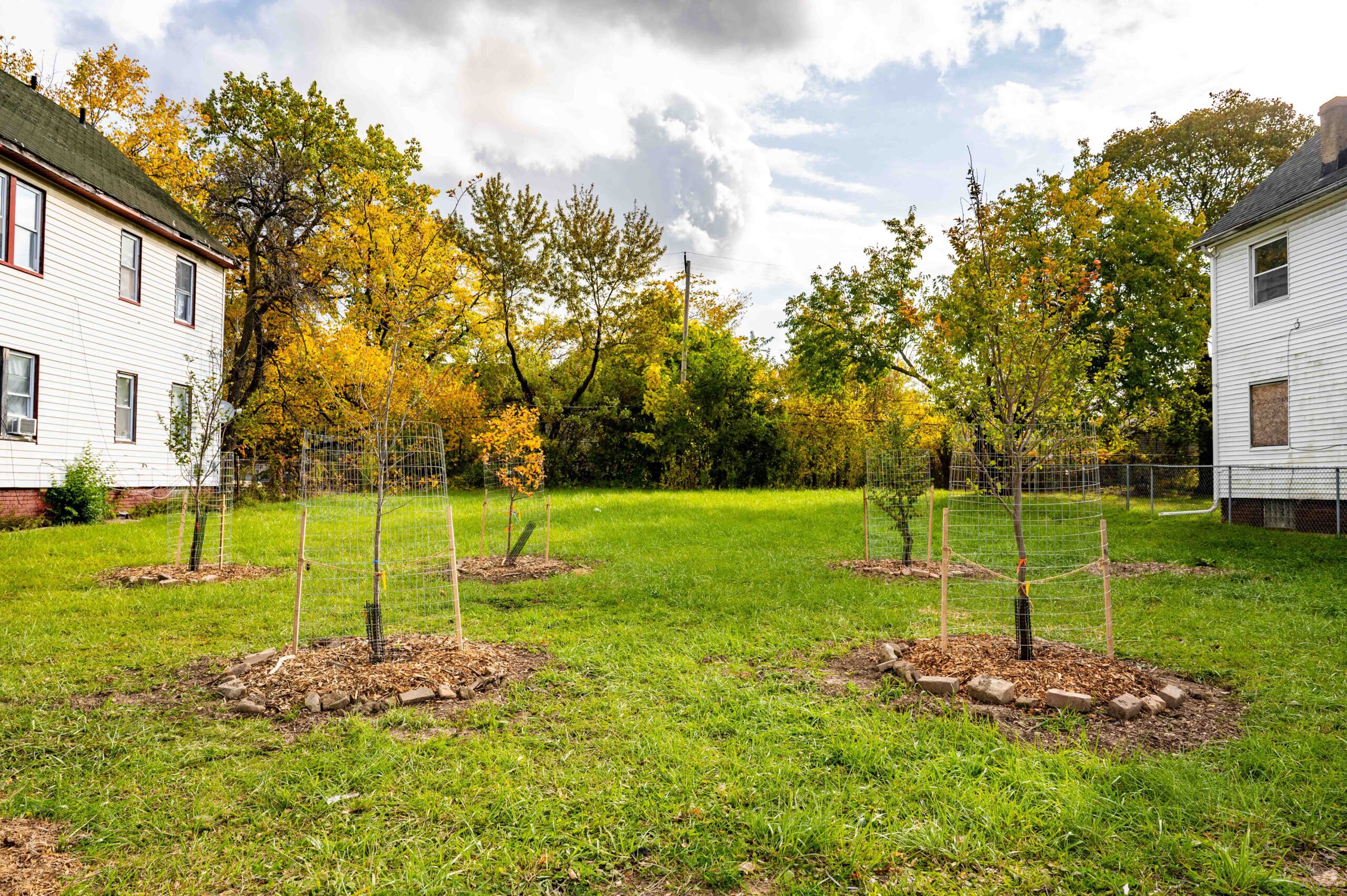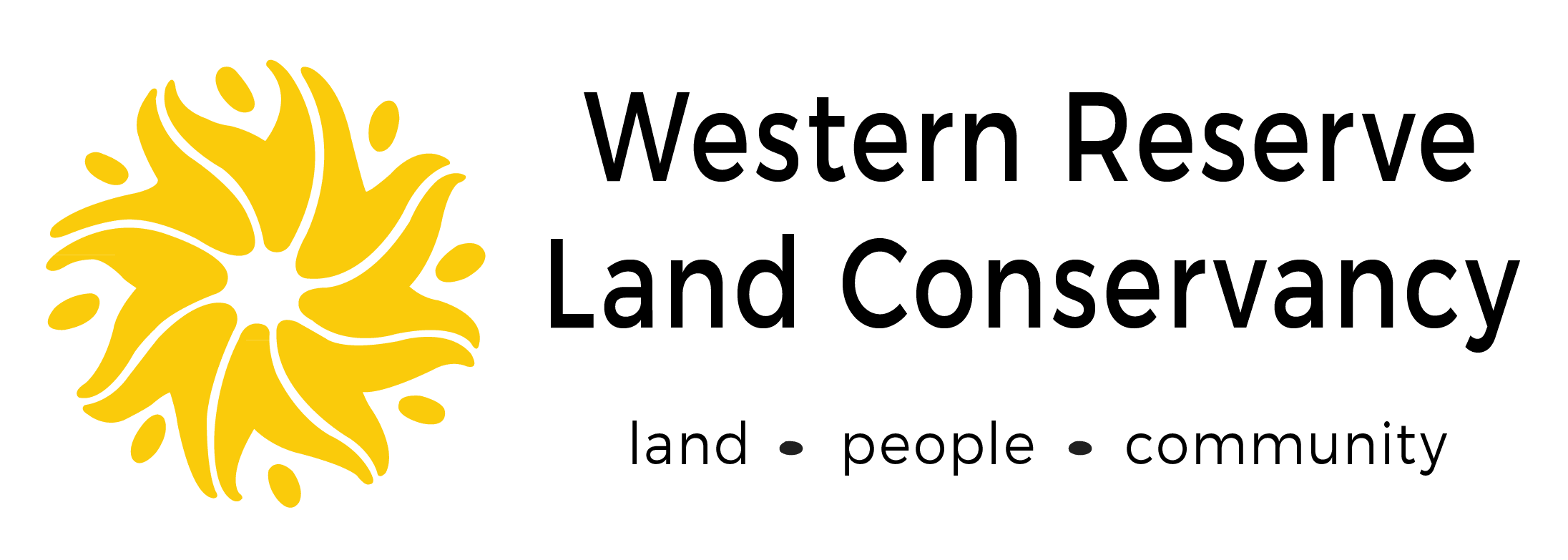
Western Reserve Land Conservancy Receives $2.4 Million Federal Grant to Advance Health Equity and Resilience in Cleveland Neighborhoods in Collaboration with The MetroHealth System and Cleveland Clinic
Western Reserve Land Conservancy is thrilled to announce the approval of a $2.4 million grant from the U.S. Department of Health and Human Services, Office of the Assistant Secretary for Health, Office of Minority Health. This four-year grant will fund the partnership’s groundbreaking project, “Restoring Health Equity and Resilience to Cleveland Through Vacant Land Improvements.”
The project, developed in collaboration with population health researchers from The MetroHealth System and Cleveland Clinic, targets four Cleveland neighborhoods: Buckeye-Woodhill, Hough, St. Clair-Superior, and Glenville. These communities, historically impacted by environmental and social disinvestment, will benefit from comprehensive strategies designed to improve key Social Determinants of Health (SDOH).
The initiative will focus on cleaning and greening vacant land in these neighborhoods to address environmental injustices such as widespread vacancy, low tree canopy, and poor air quality. By enhancing neighborhood environments and fostering stronger social and community connections, the project aims to improve cardiovascular health outcomes for residents. Cleveland Neighborhood Progress will assist the project team, conducting outreach with its network of community development corporations in the target neighborhoods to mobilize green development of vacant land.
The initiative aligns with two Leading Health Indicators (LHIs) identified in Healthy People 2030:
- Increasing the percentage of adults who meet current minimum guidelines for aerobic physical activity and muscle-strengthening activity.
- Reducing the number of adults with hypertension by helping them control their blood pressure.
Selected SDOH Domains:
- Neighborhood and Built Environment: Promoting health and safety by improving air and water quality and reducing violent crime in targeted communities.
- Social and Community Context: Strengthening social networks and community support to encourage healthy behaviors and protect residents from discrimination and exclusion.
Impact and Vision: This project seeks to produce both immediate and long-term health benefits. Cleaner air, lower temperatures, and reduced chronic disease burden are among the immediate outcomes expected. Over time, the initiative will generate actionable data and insights, providing a replicable model for other cities facing similar challenges with racial health equity, climate change impacts, and population loss.
